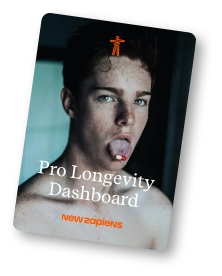
Longevity Magazine
Empower yourself with insights for preventive health, wellness and longevity. Explore our latest articles on fitness, personalized medicine, cutting-edge science and strategies to help you live a longer, healthier life.


11 min read
